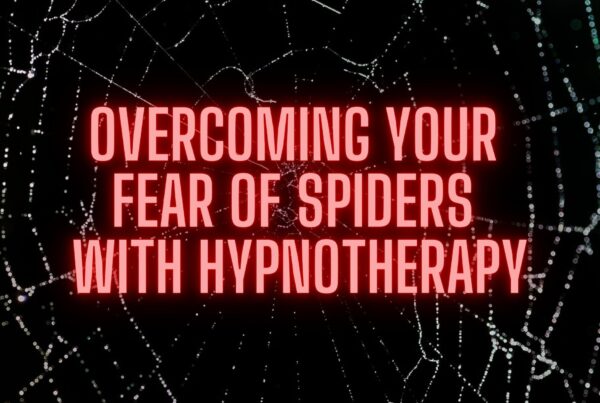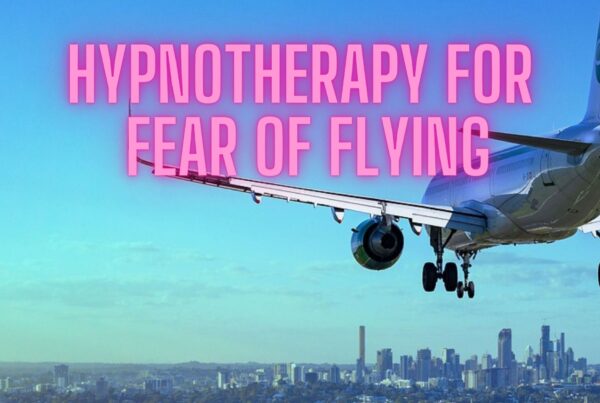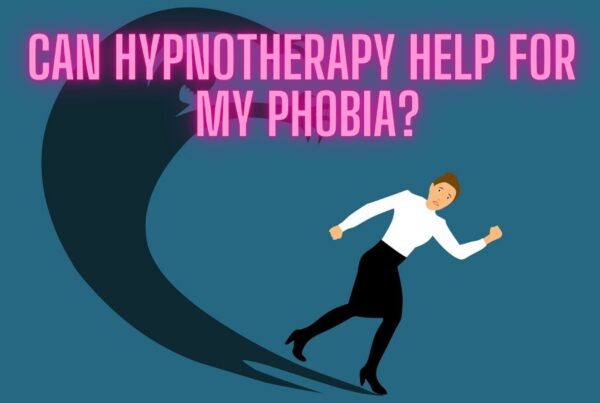Understanding Samhainophobia: The Fear of Halloween
Halloween, for many, is a time of joy, dressing up, and indulging in sweet treats. But for some, the mere mention of October 31st can send shivers down their spine. This isn’t just a dislike for the holiday; it’s a genuine phobia known as Samhainophobia. In this blog, we look at understanding Samhainophobia and how it affects those who suffer from it.
What Exactly is Samhainophobia?
Samhainophobia is the fear of Halloween. While many eagerly anticipate the spooky decorations, costumes, and eerie tales, individuals with this phobia dread them. It’s not just about avoiding haunted houses or skipping the Halloween parties; it’s an intense anxiety that can be debilitating.
The origins of the term “Samhainophobia” can be traced back to the ancient Celtic festival of Samhain, celebrated around 2,000 years ago. The Celts believed that on October 31st, the boundary between the living and the dead blurred, allowing spirits to roam the earth. They would light bonfires and wear costumes made of animal skins to ward off these spirits.
Why Do Some People Fear Halloween?
It’s not uncommon for children to be afraid of the dark, strangers, or even certain costumes. But when this fear persists into adulthood, it can be a sign of Samhainophobia. Dr. Scott Krakower, a psychiatrist, mentions that Halloween’s imagery, especially those related to death, can exacerbate this phobia.
Dr. Martin M. Antony, a psychology professor, points out that while Samhainophobia isn’t widely recognized in clinical literature, it doesn’t mean it’s not real. The fear might not be solely about Halloween but could be linked to larger fears. For instance, someone with post-traumatic stress disorder (PTSD) might be triggered by certain Halloween costumes that remind them of a traumatic event.
Recognizing the Symptoms
Like other phobias, Samhainophobia can lead to intense anxiety and even panic attacks. Those with this fear might experience rapid breathing, an increased heart rate, pale skin, and shaking. The mere anticipation of Halloween or exposure to its imagery can trigger these symptoms.
Addressing and Managing the Fear
If you or someone you know suffers from Samhainophobia, it’s essential to approach the situation with understanding and empathy. Dr. Alicia H. Clark suggests never trivializing a child’s fears. Instead, engage with them, understand their concerns, and offer reassurance.
For those looking to manage their fear, visualization techniques can be beneficial. Imagine yourself facing the fear and navigating through it successfully. Deep breathing exercises can also help calm the mind and body.
Dr. Krakower reminds us that Halloween is a short-lived season, and the intense feelings associated with Samhainophobia will pass. However, if the phobia is affecting one’s daily life, seeking professional help might be necessary. Techniques like cognitive behavioral therapy (CBT) and exposure therapy can be beneficial.
Embracing the Spirit of Halloween
While Halloween might be a source of fear for some, it’s essential to remember that it’s a celebration. Over time, with understanding, support, and possibly therapy, those with Samhainophobia can find ways to cope and maybe even enjoy some aspects of the holiday.
Release Hypnosis Melbourne Hypnotherapy
Since 2016, Lawrence Akers has been working under the name Release Hypnosis offering Hypnotherapy and ACT based work to the people of Melbourne or an online service. Based on St Kilda Rd, Release Hypnosis is an easy and convenient location to get to and accessible by the ANZAC station train and tram stop. Release Hypnosis can help with a wide range of presenting issues, and I offer a free 30 minute no obligation discovery call for those who are unsure if hypnotherapy is the right way forward for them.
Book Your FREE 30 Minute Consultation With Release Hypnosis NOW!
You may also like to read:
Discovering Purpose and Values: A Path to Mental Well-being
Can’t Visualise in Hypnosis? Here’s What You Can Do Instead.
Dealing with Financial Stress and Crisis: Finding Peace Amid Turbulence
What Is The Success Rate of Hypnosis?
Release Hypnosis Melbourne Hypnotherapy is accessible for people in: Abbotsford, Armadale, Albert Park, Balwyn, Bentleigh, Black Rock, Box Hill, Brighton, Brunswick, Bulleen, Bundoora, Camberwell, Canterbury, Carnegie, Caulfield, Chadstone, Cheltenham, Clayton, Coburg, Collingwood, Deer Park, Doncaster, Elsternwick, Eltham, Elwood, Epping, Essendon, Fairfield, Fitzroy, Footscray, Glen Iris, Glen Waverley, Glenhuntly, Greensborough, Hampton, Hawthorn, Heidelberg, Highet, Ivanhoe, Kew, Kooyong, Lalor, Laverton, Lower, Plenty, Macleod, Malvern, Middle Park, Moonee Ponds, Melbourne, Moorabbin, Mount Waverley, Murrumbeena, Northcote, Oakleigh, Ormond, Parkville, Pascoe Vale, Port Melbourne, Prahran, Preston, Richmond, Rosana, Sandringham, South Yarra, South Melbourne, Spotswood, St Albans, St Kilda, Surrey Hills, Templestowe, Thornbury, Toorak, Tullamarine, Williamstown, Yarraville, North Melbourne, Windsor, East Melbourne, Melbourne, Melbourne CBD, Melbourne 3004








